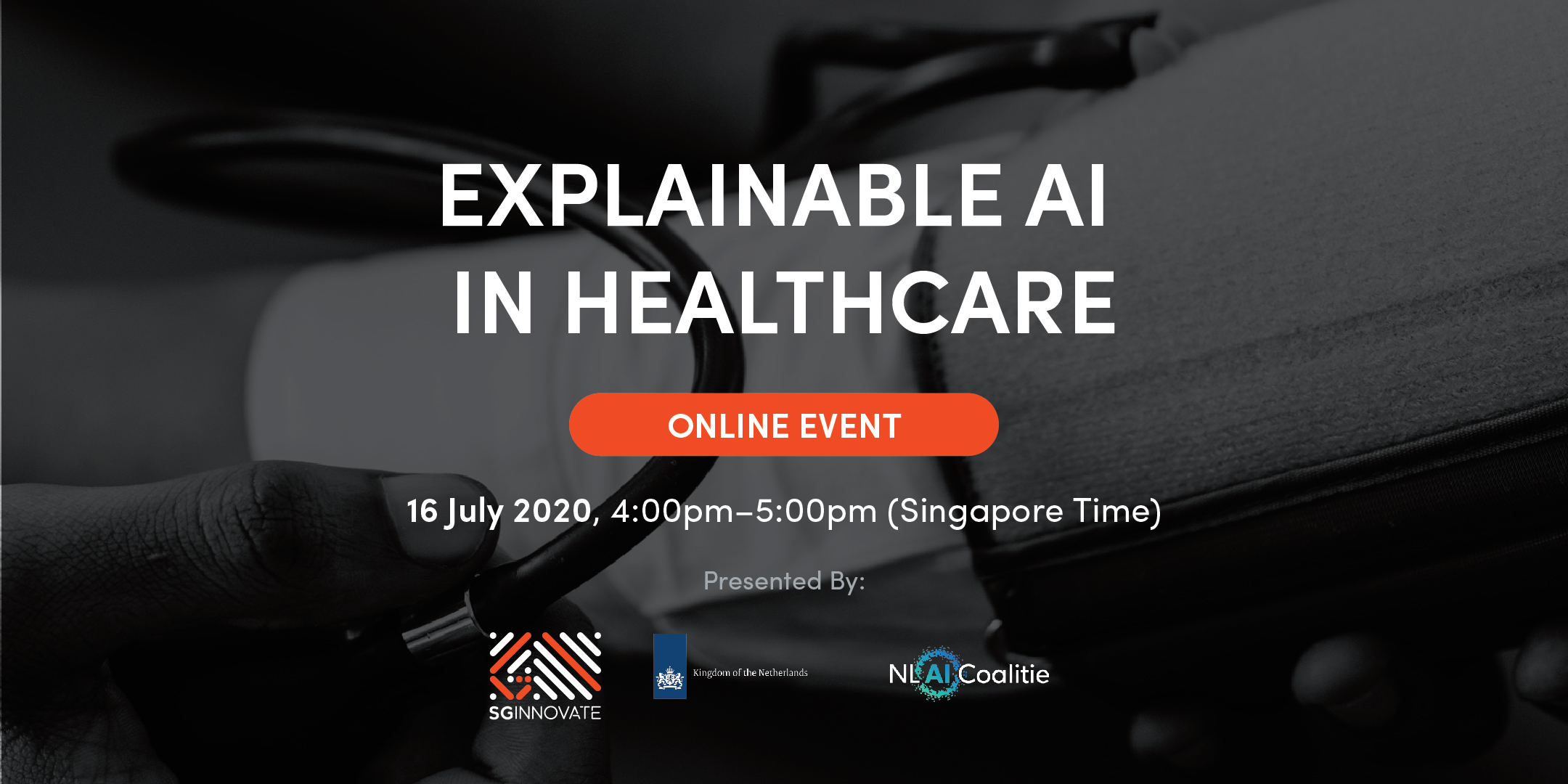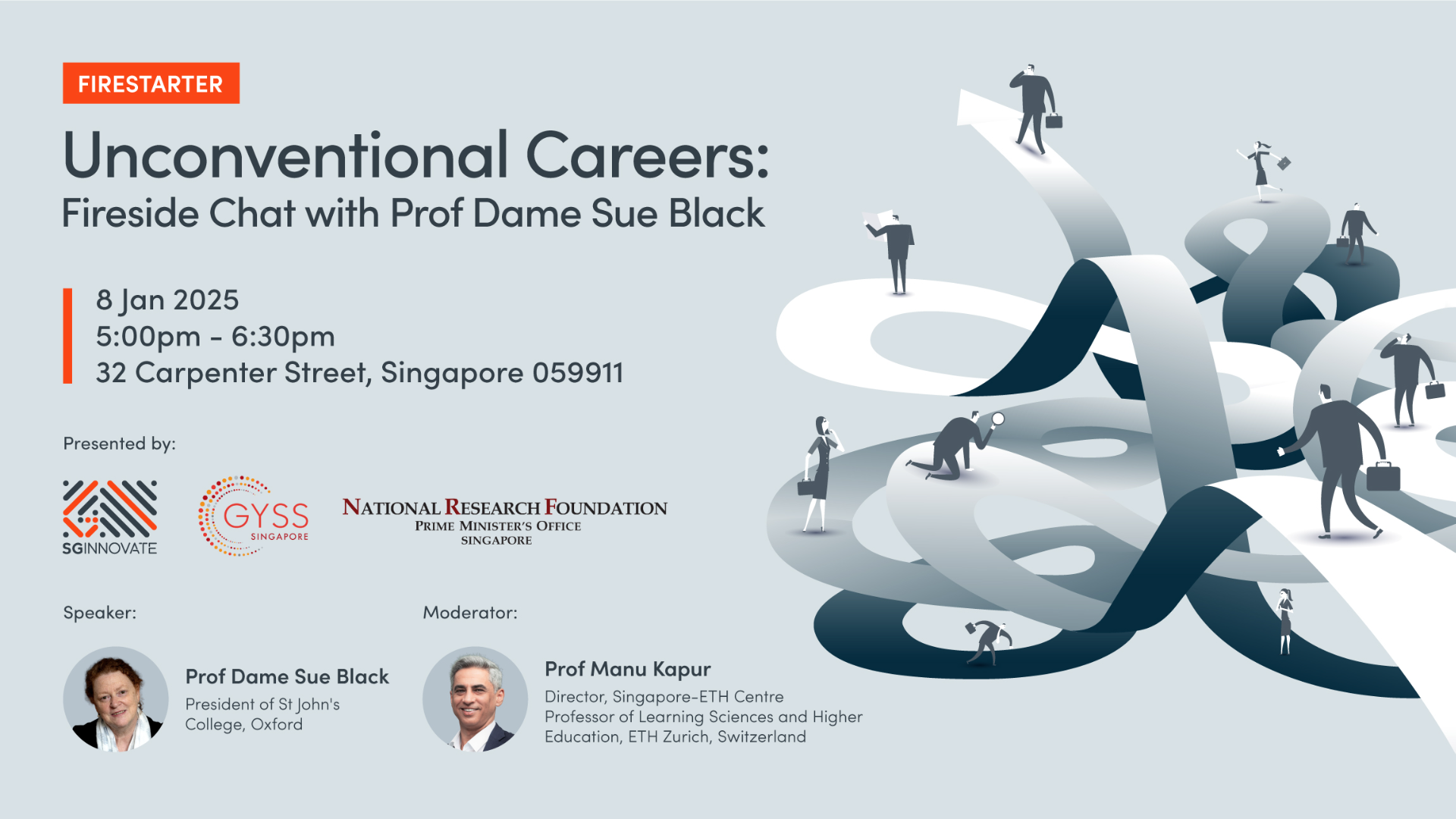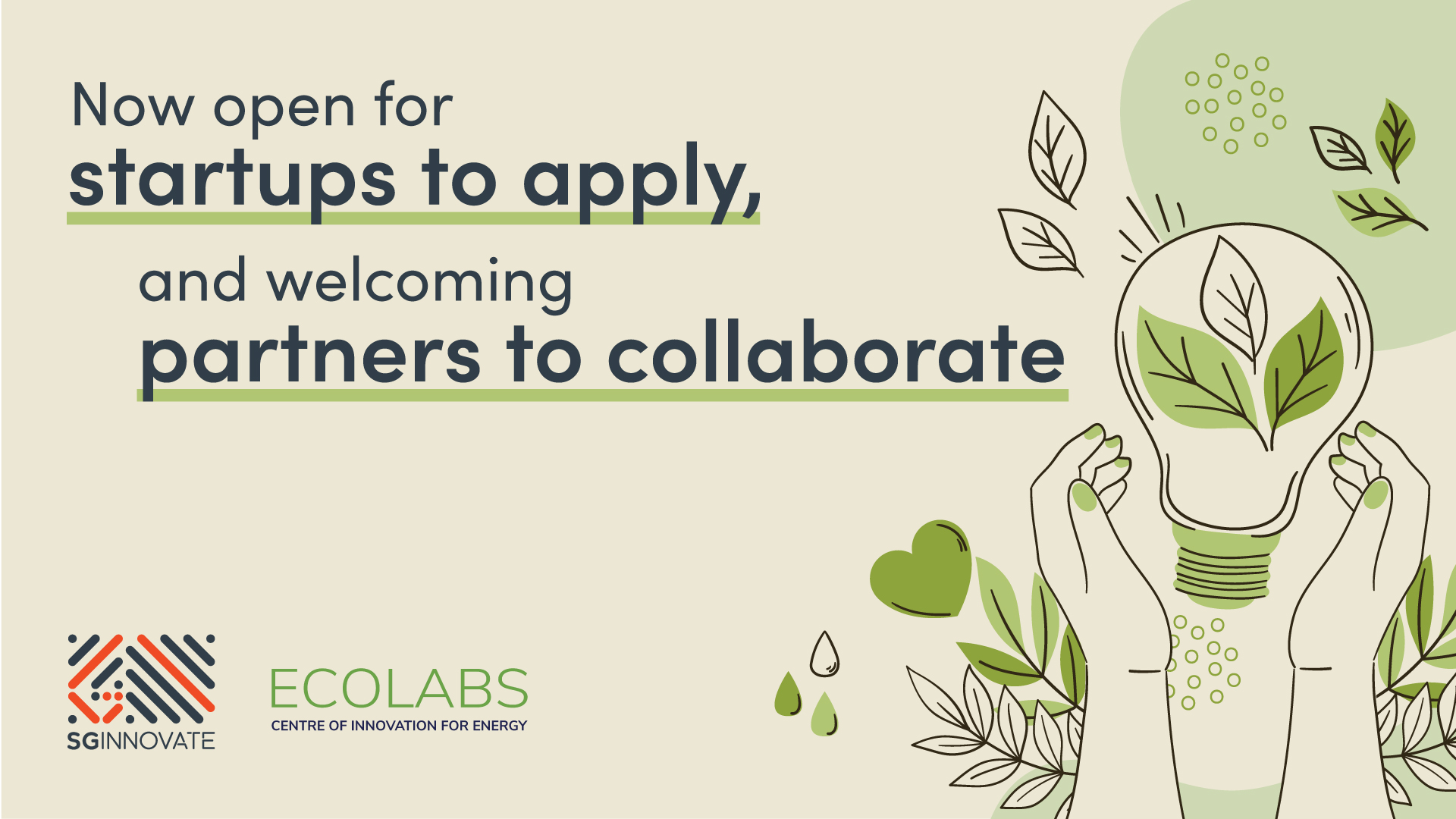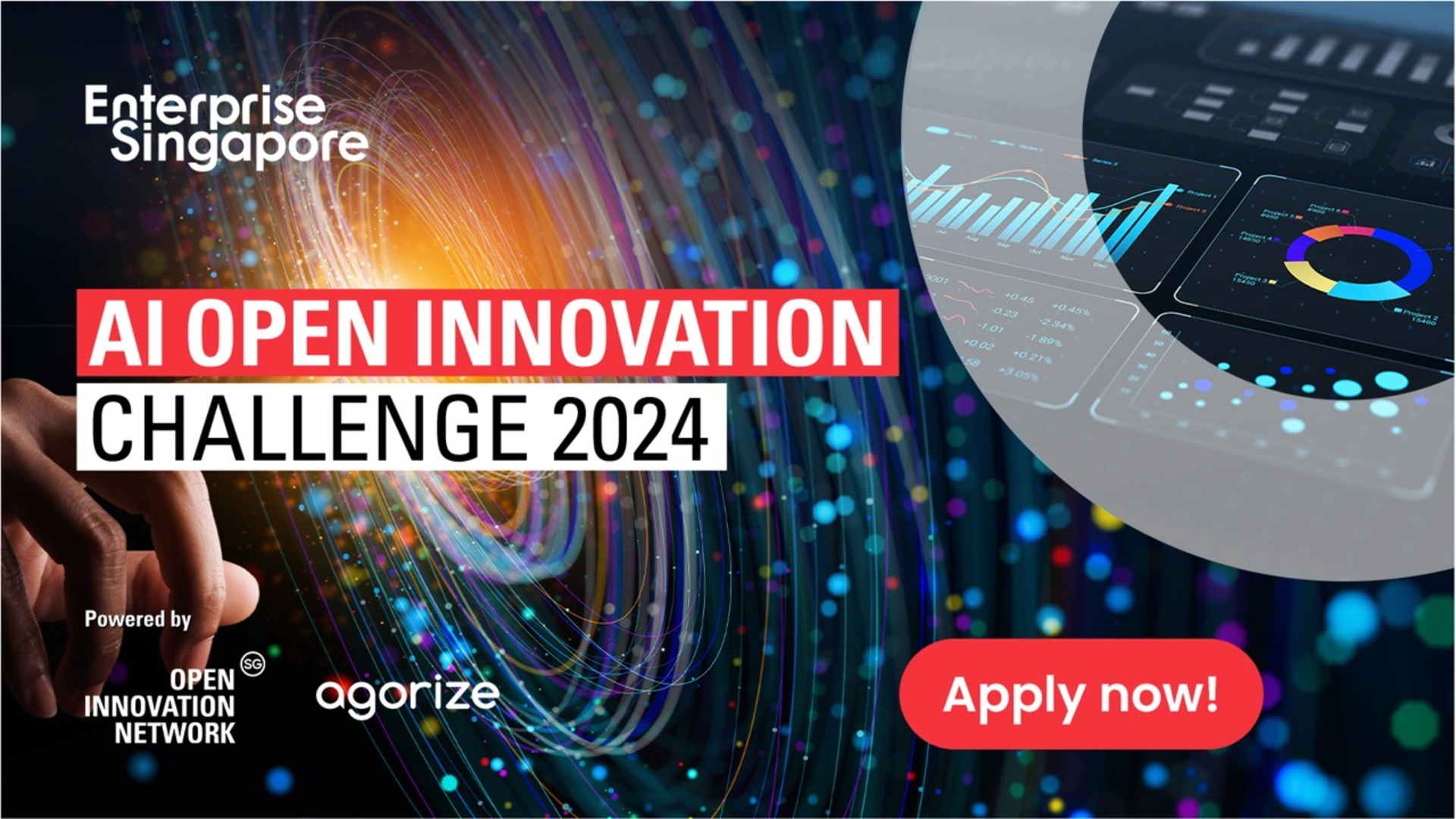Overview
While most of the available health care diagnostics that use artificial intelligence (AI) technologies are extraordinarily powerful, the adoption of these algorithms has been slow because results are difficult to verify, and they also do not include explanations of why a patient has a certain disease or disorder. However, a new type of algorithm called explainable AI (XAI) can be easily understood by humans. As a result, XAI is being increasingly relevant in healthcare, making it more likely that healthcare providers will actually use the associated diagnostics.
Many of the XAI algorithms developed to date are relatively simple, but as they continue to improve, these will likely be the dominant algorithms in healthcare. Join us to learn how XAI algorithms being developed for healthcare applications can provide justifications for their results in a format that humans can understand, and how Explainable AI can be a game-changer for the healthcare sector because of its ability to diagnose and produce reliable results that can be trusted by clinicians and patients.
Date: 16 July 2020, Thursday
Time: 4:00pm - 5:00pm (UTC+8)
Programme:
4:00pm - 4:05pm Opening Remarks
4:05pm - 5:00pm Panel Discussion and Q&A on Explainable AI in Healthcare
Speakers:
- Prof.Wiro Niessen, Professor of Biomedical Image Analysis, Erasmus MC & TU Delft, Founder and Scientific Lead, Quantib BV
- Dr. Daniel Ting, Consultant, Singapore National Eye Centre and Assistant Professor in Ophthalmology, Duke-NUS Medical School
- Prof. Ivana IÅ¡gum, University Professor AI and Medical Imaging, Amsterdam University Medical Centres andCo-Founder and Scientific Lead, QuantibBV
- Moderator: Chris Hardesty, Director - Healthcare & Life Sciences Practice, KPMG Singapore
Speakers' Profiles:
Prof.Wiro Niessen, Professor of Biomedical Image Analysis, Erasmus MC & TU Delft and Founder and Scientific Lead, Quantib BV
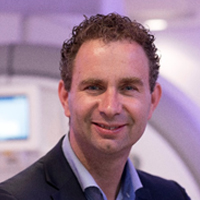
Wiro Niessen is a full professor in Biomedical Image Analysis and Machine Learning at Erasmus MC, Rotterdam where he leads the Biomedical Imaging Group Rotterdam and at the Delft University of Technology.
His interest is in the development, validation and implementation of quantitative image analysis methods in clinical practice and biomedical research, in linking imaging and genetics data, radio(geno)mics, and image-guided interventions. Focus areas are improved diagnosis and prognosis of neurodegenerative and cardiovascular disease, and treatment guidance in oncology, using machine learning. He has supervised 52 PhD students in these fields.
He is a fellow and was president (2016-2019) of the Medical Image Computing and Computer-Assisted Interventions Society (MICCAI), member of the International Society of Strategic Studies in Radiology (IS3R), board member of the Technological Branch of the Netherlands Organisation of Scientific Research (NWO-TTW) and CTO of Health RI, a national health data infrastructure to support research and innovation for prevention, personalised treatment, and health.
In 2015, he received the Simon Stevin Master award, the largest prize in the Netherlands in the field of Applied Sciences. In 2017, he was elected to the Royal Netherlands Academy of Arts and Sciences. In 2012, he founded Quantib, an AI company in medical imaging, and he currently is the scientific lead of Quantib.
Dr. Daniel Ting, Consultant, Singapore National Eye Centre and Assistant Professor in Ophthalmology, Duke-NUS Medical School

Dr Daniel Ting is the consultant vitreoretinal surgeon in Singapore National Eye Center, the Head of Artificial Intelligence (AI) and Digital Innovation Group in the Singapore Eye Research Institute, Assistant Professor in Ophthalmology with Duke-NUS Medical School Singapore, and the visiting Full Professor in Ophthalmology in Zhongshan Ophthalmic Eye Center, Sun Yat-Sen University, China. He serves as the executive member in the American Academy Ophthalmology (AAO) AI task force, the STARD-AI task force and numerous editorial boards, including Ophthalmology, Ophthalmology Retina, Translational in Vision and Science Technology and Asia-pacific Journal of Ophthalmology. He is also the section editor in the British of Journal of Ophthalmology and the Associate Editor of Frontiers in Medicine (Ophthalmology).
In 2017, Dr Ting represented Singapore as the US-ASEAN J. W. Fulbright Scholar to John Hopkins University (USA) to further deepen his understanding on AI, big data and telehealth and has also recently completed his vitreoretinal fellowship at the Moorfields Eye Hospital, London (UK). To date, he has published more than 180 peer-reviewed papers/book chapters/conference abstracts, including more than 40 AI and digital technology articles in JAMA, NEJM, Nature Medicine, Nature Biomedical Engineering, NatureDigital Medicine, Lancet Digital Health, Progress in Retinal and Eye Research, Ophthalmology, etc. Apart from being the invited chair and moderator in many regional and international ophthalmology conferences, he was also invited as the guest speaker at many prestigious universities (e.g., Trinity College at Cambridge, OxfordUniversity, Johns Hopkins University, Seoul National University, Taiwan National University, etc.). He holds several patents in deep learning systems for medical imaging analysis, one of which has received approval from the Singapore HealthService Authority (HSA), and European CE Mark. He is also the co-founder of an AIspin-off company, EyRIS Pte Ltd that has partnered with more than 20 optometry practices of Singapore Optometry Association thus far.
Dr Ting has won many prestigious scientific awards, including the ARVO Bert GlaserAward for Innovative Research in Retina (2020), USA Macula Society Evangelos Gragoudas Award (2019), Asia-Pacific Academy of Ophthalmology (APAO) Young Ophthalmologist's Award (2018), the Asia-Pacific Tele-Ophthalmology Society (APTOS) Young Innovator Award (2017), SingHealth Distinguished Young Researcher Award(2018), and Singapore General Hospital Young Investigator Award (2017). Academically, he graduated as the Valedictorian of his batch (among 87 graduating residents) by winning 16 different local and international awards during his residency training. In December 2019, he was also rated as one of the four thought leaders by The Ophthalmologist, one of the top London-based eye magazines, in the deep learning fields for ophthalmology. His current research interest spans across AI, big data analytics, Internet of Things (IoT), blockchain and chatbot using natural language processing and speech recognition.
Prof. Ivana IÅ¡gum, University Professor AI and Medical Imaging, Amsterdam University Medical Centres andCo-Founder and Scientific Lead, QuantibBV
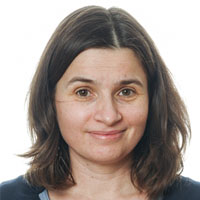
Ivana IÅ¡gum is a full professor in AI and Medical Imaging at the Amsterdam University Medical Centres, University of Amsterdam, leading a group on Quantitative Medical Image Analysis at the Department of Biomedical Engineering and Physics in the AMC.
Prof. IÅ¡gum's group is focusing on the development of algorithms for quantitative analysis of medical images to enable automatic patient risk profiling, diagnosis and prognosis using AI techniques. In the development, she is also focusing on wide-range of issues regarding implementation of AI software in healthcare, such as ethical and legal aspects. Main application area of her research is image analysis in cardiovascular disease.
Prof. IÅ¡gum has been a programme (co-)chair and member of programme committees of major conferences in medical image analysis. She has co-organised the first conference on Medical Imaging with Deep Learning (MIDL) in 2018 and is currently chairing the board of the MIDL foundation. Moreover, she has co-organised a number of workshops and challenges in medical image analysis.
In 2018, she was a co-founder and started as a scientific lead of Quantib-U, a spin-off company developing AI software for analysis of medical images.
Moderator's Profile:
Chris Hardesty, Director - Healthcare & Life Sciences Practice, KPMG Singapore
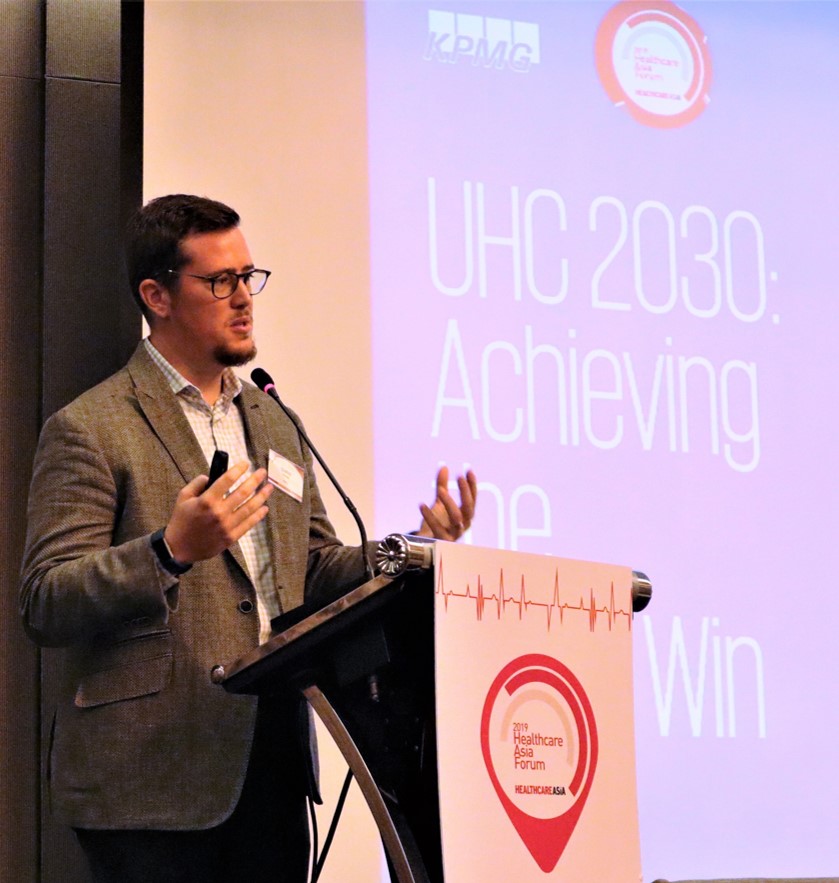
Chris is a member of KPMG's Global Healthcare & Life Sciences Centre of Excellence, having relocated from the UK to Singapore in order to focus on developments in the APAC region.He joined KPMG from the industry, and has had previous postings in Brazil and the US.
Chris holds experience across a variety of markets and project types.His particular passion is on public-private collaborations to drive innovative, safe, and economically-viable initiatives in the sector.
Relevant project experience includes:
- Ongoing funded research in areas such as sustainable health financing, depression awareness
- Commercialisation strategy for research agencies such as microencapsulation technology
- Evaluation and advocacy of Rx-to-OTC switching for self-care initiatives in Southeast Asia
- Hospital prescribing strategy for novel long-acting CNS solution of a pharma MNC
- Beyond the product value-based contracting for NCDs portfolio of a medical device MNC
- Playbook for product launch excellence in surgical innovations portfolio of a medical device MNC
- Pre-launch approvals and KOL engagement for pharma MNC in the homeopathy space
- Valuation of med device industry consortium footprint to improve payer/provider dialogue
- Drug serialisation and unique device identification for supply chain track & trace visibility
- High-risk supplier list qualification & optimisation for hospitals and pharmaceutical companies
- Implementation of electronic patient records in hospital inpatient/outpatient settings



